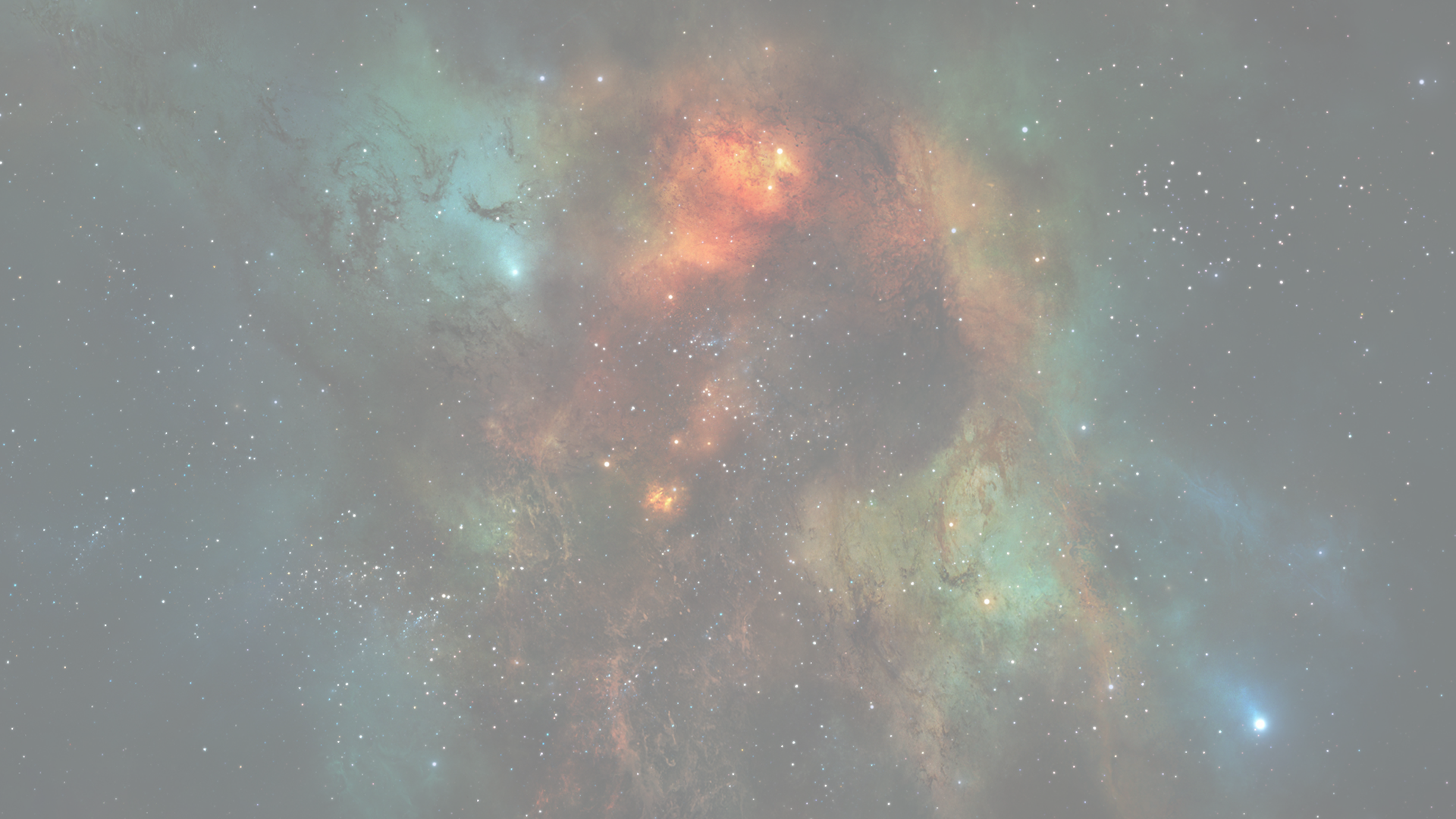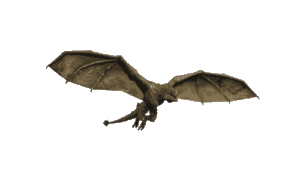


Mapuche religion
|
|
This article may be expanded with text translated from the corresponding article in Spanish. (December 2009) Click [show] for important translation instructions. [show]
|
The mythology and religion of the indigenous Mapuche people of south-central Chile and southwestern Argentina is an extensive and ancient belief system. A series of unique legends and myths are common to the various groups that make up the Mapuche people. These myths tell of the creation of the world and the various deities and spirits that reside in it.
Basics[edit]
In order to describe the beliefs of the Mapuche people, it's important to note that there are no written records about their ancient legends and myths from before the Spanish arrival, since their religious beliefs were passed down orally. Because of this, their beliefs aren’t necessarily homogenous; among different ethnic groups, and the family, village, and territorial groups within those ethnic groups, there are variations and differences and discrepancies to these beliefs. Likewise, it’s important to understand that many of the Mapuche beliefs have been integrated into the myths and legends of Chilean folklore, and on a smaller level, folklore in some areas of Argentina. Therefore, many of these beliefs, including medicinal practices, have been more or less altered and influenced by Christianity, due largely to the evangelization done by Spanish missionaries.[1][2][3] This happened chiefly through the syncretism of these beliefs and also through misinterpretation or adaptation within both Chilean and Argentine societies. This syncretism has brought about several variations and differences of these core beliefs as they have become assimilated within Chilean, Argentine and even Mapuche culture. Today, these cultural values, beliefs and practices are still taught in some places with an aim to preserve different aspects of this indigenous Mapuche ideology.[4]
Above all the similarities between the common religion and mythology of South America and its indigenous people, the religious beliefs and myths of the Mapuche people stand out because of their unique characteristics that reflect the Mapuche moral, social, cosmological and religious idiosyncrasy.
Cosmology[edit]
Central to Mapuche cosmology is the idea of a creator called ngenechen, who is embodied in four components: an older man (fucha/futra/cha chau), an older woman (kude/kuse), a young man and a young woman. They believe in worlds known as the Wenu Mapu and Minche Mapu. Also, Mapuche cosmology is informed by complex notions of spirits that coexist with humans and animals in the natural world, and daily circumstances can dictate spiritual practices.[5]
The most well-known Mapuche ritual ceremony is the Ngillatun, which loosely translates "to pray" or "general prayer". These ceremonies are often major communal events that are of extreme spiritual and social importance. Many other ceremonies are practiced, and not all are for public or communal participation but are sometimes limited to family.
The main groups of deities and/or spirits in Mapuche mythology are the Pillan and Wangulen (ancestral spirits), the Ngen (spirits in nature), and the wekufe (evil spirits).
Machi[edit]
In the mythology and beliefs of the Mapuche people, the machi "shaman", a role usually played by older women, is an extremely important part of the Mapuche culture. The machi performs ceremonies for the warding off of evil, for rain, for the cure of diseases, and has an extensive knowledge of Chilean medicinal herbs, gained during an arduous apprenticeship. Chileans of all origins and classes make use of the many traditional herbs known to the Mapuche. The main healing ceremony performed by the machi is called the machitun.
Legends and mythical creatures[edit]
The most important myths are:
- the legend of Trentren Vilu and Caicai Vilu (Ten Ten-Vilu and Coi Coi-Vilu)
- the Cherufe
- the Chonchon
- the Colo Colo
- the Gualichu
- the kalku
- the Ngen spirits
- the Nguruvilu
- the Peuchen
- the Pillan spirits
- the Wekufe spirits
See also[edit]
References[edit]
- Jump up^ Costanza Torri, Maria (2011). "The Influence of Christian Conversion in Mapuche Traditional Medicine in Temuco, Chile: Toward a Cultural Syncretism or a form of Ideological Assimilation?". Journal of Religion and Health. 52: 1228–1239.
- Jump up^ Gumucio, Christian Parker (2002). "Religion and the Awakening of Indigenous People in Latin America". Social Compass. 49.1: 67–81 – via journals.sagepub.com.
- Jump up^ Bendel, Maria. "Intercultural health and ethnic community relations among the Mapuche people in Chile." (2002). https://uu.diva-portal.org/smash/get/diva2:128795/FULLTEXT01.pdf
- Jump up^ Ortiz, Patricio R. (2009). "Indigenous Knowledge and Language: Decolonizing Culturally Relevant Pedagogy in a Mapuche Intercultural Bilingual Education Program in Chile". Canadian Journal of Native Education. 32.1: 93–114, 130 – via ProQuest.
- Jump up^ Ngenechen, and Don Armando Marileo
- Juan Luis Nass. Mitología mapuche. Volumen 40 de Colección 500 años. Colección 500 años (Ediciones Abya-Yala) ; 40. Volumen 40 de 500 años. Ediciones ABYA-YALA, 1991 (Spanish).
